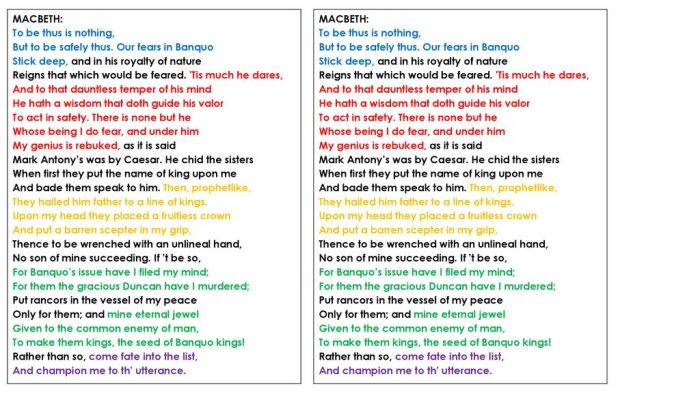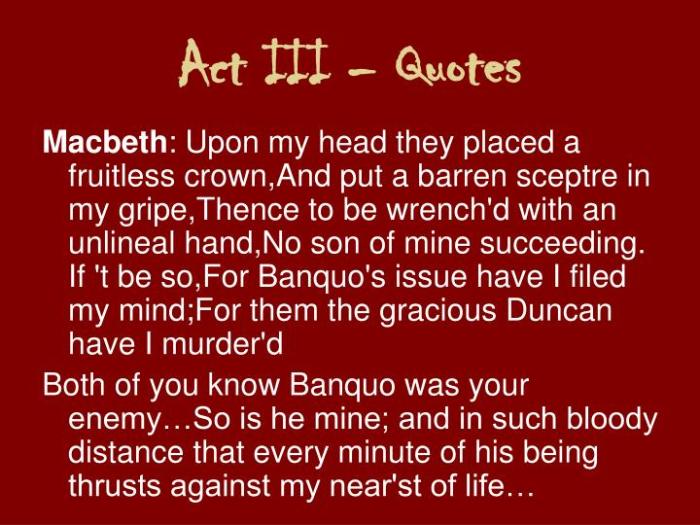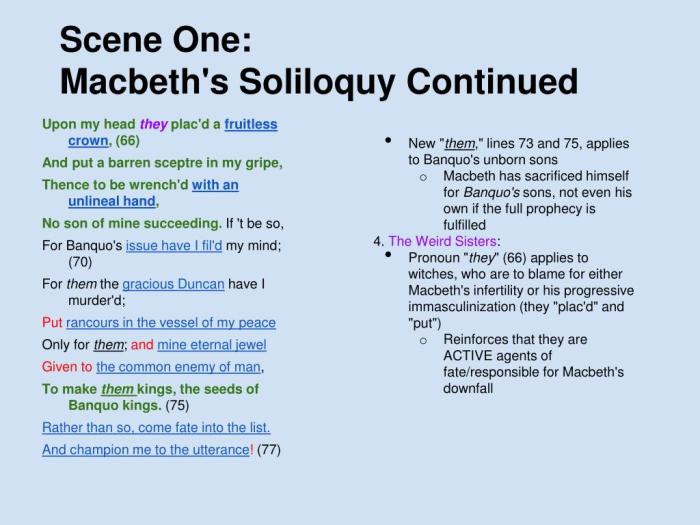Upon my head they placed a fruitless crown, a phrase laden with symbolism and significance, invites us on a journey through the realms of literature and human experience. This crown, devoid of power and glory, becomes a metaphor for aspirations unfulfilled and the complexities of human ambition.
In this exploration, we delve into the biblical context of the phrase, tracing its origins and examining its profound implications. We analyze literary interpretations, uncovering the diverse meanings and perspectives it has inspired throughout history. Through an examination of figurative language, we unravel the literary devices that contribute to the phrase’s evocative power.
Crown Symbolism: Upon My Head They Placed A Fruitless Crown

Crowns are powerful symbols that have been used in literature and symbolism for centuries. They often represent power, authority, and glory. In some cases, a crown can also be a symbol of mockery or judgment.
One of the most famous examples of a crown in literature is the crown of thorns that was placed on Jesus’s head before his crucifixion. This crown was a symbol of mockery and suffering, but it also foreshadowed Jesus’s ultimate triumph over death.
Biblical Context
The phrase “upon my head they placed a fruitless crown” appears in the book of Psalms, in Psalm 62:3. In this psalm, the psalmist is lamenting his enemies who have oppressed him. He cries out to God for help, and he asks God to judge his enemies.
The phrase “upon my head they placed a fruitless crown” is a metaphor for the psalmist’s suffering. He feels like he has been crowned with a crown of thorns, and he is asking God to deliver him from his pain.
Literary Interpretations

The phrase “upon my head they placed a fruitless crown” has been interpreted in many different ways by different authors. Some authors have seen it as a symbol of mockery and suffering, while others have seen it as a symbol of hope and triumph.
For example, in the poem “Upon My Head They Placed a Fruitless Crown” by William Butler Yeats, the speaker uses the phrase to describe the pain of lost love. The speaker feels like he has been crowned with a crown of thorns, and he is lamenting the loss of his beloved.
Figurative Language

The phrase “upon my head they placed a fruitless crown” is a metaphor. A metaphor is a figure of speech that compares two things that are not alike in order to make a point. In this case, the psalmist is comparing his suffering to a crown of thorns.
The use of a metaphor in this phrase helps to create a vivid image of the psalmist’s pain. We can imagine the psalmist wearing a crown of thorns, and we can feel his pain as he cries out to God for help.
Themes and Motifs
The phrase “upon my head they placed a fruitless crown” explores the themes of suffering, hope, and triumph. The psalmist is suffering, but he is also hopeful that God will deliver him from his pain. He believes that God will ultimately triumph over his enemies.
These themes are common in many works of literature. For example, the theme of suffering is explored in the novel “The Scarlet Letter” by Nathaniel Hawthorne. The theme of hope is explored in the novel “The Great Gatsby” by F.
Scott Fitzgerald. And the theme of triumph is explored in the novel “To Kill a Mockingbird” by Harper Lee.
Personal Reflection
The phrase “upon my head they placed a fruitless crown” has had a profound impact on my life. It has helped me to understand the nature of suffering and the importance of hope. I have learned that even in the darkest of times, there is always hope for a better future.
I encourage you to reflect on the phrase “upon my head they placed a fruitless crown” and to consider its meaning for your own life. What does this phrase mean to you? How has it shaped your understanding of suffering, hope, and triumph?
Q&A
What is the significance of crowns in literature and symbolism?
Crowns have been used extensively in literature and symbolism to represent power, authority, and glory. They often symbolize the highest level of achievement or status within a society.
What is the metaphorical meaning of a “fruitless crown”?
A “fruitless crown” is a crown that lacks power, authority, or glory. It is a symbol of aspirations unfulfilled and the complexities of human ambition.
How have different authors interpreted the phrase “upon my head they placed a fruitless crown”?
Different authors have interpreted the phrase in various ways, reflecting the diverse meanings and perspectives it can evoke. Some interpretations focus on the crown as a symbol of mockery or judgment, while others explore its metaphorical implications related to power, authority, and success.